Are INTJs Smart? A Look at the Strategist
Do you ever wonder what makes an INTJ stand out of the crowd? Are you curious about how they stack up against the other 15 personality types in the Myers-Briggs system? If yes, then this article is for you. In this blog post, we will explore the aptitudes of INTJs and discuss three famous INTJs from history who have left an everlasting impression on the world.
Now before we begin, I always want to preface by saying that ANY personality type can be intelligent. I frankly get sick of hearing certain types boast about their intellectual prowess, somehow assuming that by virtue of their type they are inherently smarter than other personality types. There are highly intelligent individuals of every personality type. While yes, we can see how, on average, certain personality types tend to get higher grades in school, we also can’t assume that someone’s grade performance is the only measure of their intelligence. For more information on type and intelligence, I’d recommend reading my article, Are Certain Personality Types Smarter Than Others?

You can have high academic intelligence, physical intelligence, emotional intelligence, or plain-old common sense regardless of your four-letter MBTI® result. So don’t use this article as a weapon or as means to gain a superiority complex.
Now that we’ve gotten that out of the way, let’s begin!
Not sure what your personality type is? Take our new personality questionnaire here. Or you can take the official MBTI® here.
Are INTJs Smart? A Closer Look
The INTJ personality type is often associated with high levels of intelligence. According to the MBTI® Manual – Third Edition, INTJs tend to score higher than any other personality type in grades during high school. Additionally, their IQ scores rank highest among the 16 personality types. A comparison of aptitude and achievement of the 16 types in liberal arts colleges found INTJs had the highest grades of all the personality types and were among the top four types with the highest SAT scores (INTPs, INFPs, and ENTPs were also among the top four).
So, what is it that makes INTJs excel academically? According to Gordon Lawrence, Ph.D., author of Looking at Type® and Learning Styles: Using Psychological Type to Make Learning Personally Effective, INTJs are “logical, critical, decisive innovators of ideas.” Lawrence goes on to state that INTJs are at their best when “inspiration turns insights into ideas and plans for improving human knowledge and systems.”
Because INTJs are naturally driven to understand complex theories and have a hunger for mastery and knowledge, they tend to take to academia very well. This drive to understand can be seen in the type’s top two cognitive functions, Introverted Intuition and Extraverted Thinking. Introverted intuition (Ni) looks at how things are connected underneath the surface, while extraverted thinking (Te) looks at what is objectively logical and how to put ideas into action through planning, organizing, and using resources.
As dominant Introverted Intuitives, INTJs enjoy toying with theories and concepts. They are more interested in what lies beyond the tangible than what already exists. They are more interested in trailblazing a new path than working among the status quo. If something’s already been done, they don’t want to do it. They want to stretch themselves into new territory, play with new theories, invent new possibilities.
There’s a hunger for originality, discovery, and independence that makes INTJs stand out. They aren’t afraid to try something no one has tried before; to question old ideas and to test new ones. In fact, they prefer this and can get bored and uninspired if they’re learning something rote or repeating a process that has already been done before. Their natural aptitude for experimentation and exploration, combined with their sharp logic, makes them particularly well-suited for complex problem solving.
What is the INTJ Learning Style Like?
INTJs learn best when they are given independence and autonomy. They enjoy a challenge, but they need to feel free to attain knowledge in their own way. They get bored quickly when given mundane, cookie-cutter tasks and need to be kept on their toes with stimulating work that is complex enough to engage them. The worst kind of learning situation is one where they are forced to blend with a crowd and repeat a bunch of facts without any room for creativity, imagination, or independent achievement. INTJs can also tire quickly of collaborative learning, preferring to work independently so they can focus without distraction.
Gordon Lawrence states of INTJs, “The best learning comes when they are quietly absorbed in pursuing new ideas and possibilities. They thrive on the surge of inspiration that comes with the new idea or interest. They are naturally curious about almost anything that engages their imagination, and they explore their interests in their own individual, private ways.”
Quiet is especially important for INTJs when they are studying. Introverted Intuitive types (INTJs and INFJs) do their best mental work when they are in a distraction-free, quiet zone and they have no devices that can ping or ring or otherwise shift their focus. Many INTJs need to enter an almost meditative state while concentrating, and they can get flustered and bad-tempered if they are being interrupted. They can feel like they’re constructing an elaborate theory or insight in their mind, and, if interrupted, like a house of cards, it all comes crumbling down.
Self-Led Learning
While many other types do their best work in teams or with supervision or collaboration, INTJs crave a lot of autonomy. They make excellent independent learners and often prefer to teach themselves rather than having to attend a busy classroom. Reading is one of their favorite ways to learn, and they often enjoy being surrounded by books, journals, and other resources that can inspire their intuition. In fact, according to my 2018 survey, INTJs ranked sixth out of the 16 personality types in reading the most books. While the average American reads 12 books per year, the average INTJ reads 31 books per year. Reading boosts intelligence in several areas including language, problem-solving, empathy, vocabulary, and imagination. I would imagine the INTJ’s natural propensity for reading gives them a bonus boost in these areas.
Structure and Organization
INTJs hate disorder and get frustrated in classroom settings where there is no clear plan, structure, or goal. They like a systematically organized instruction as well as milestones, markers, and clear objectives. As intuitives, INTJs don’t need to be given a lot of details or steps when being given a task or project. They just need the big picture or the main objective, a timeline, some basic rules, and they can work out the rest independently (and often prefer to).
How the INTJ Mind Works:
INTJs might seem quiet on the outside, but on the inside their mind is constantly flowing with ideas, perspectives, and theories. They are constantly constructing and reconstructing mental models, making associations, and exploring concepts. Many different meanings or epiphanies come to them when they are focusing on something else or nothing at all. It’s as if their mind is constantly synthesizing puzzle pieces of information, and the puzzle randomly comes together for a flash of insight or an “aha” moment where the INTJ suddenly gets a plan, strategy, or vision out of nowhere that they feel compelled to pursue. If you were to ask the INTJ how they came to their epiphany they may not even know how to explain it; they just had the vision, or epiphany, and knew right away it would work.
As dominant intuitives, INTJs place a high value on insight. They are well-respected for their quick ability to grasp new ideas and make sense of complexity. Their intuitive thinking also allows them to easily process information from a distance, to see the big picture, and to connect seemingly unrelated dots in ways that are both creative and logical. They just need to be careful not to overlook to many details in their tendency to focus primarily on the big picture.
As TJ types, INTJs also naturally spot errors, flaws, or logical loopholes. They are quick to point out what’s wrong or could be improved and often have a hard time masking their tendency to be critical. This can make them come across as blunt, opinionated, or even arrogant if they’re not careful. But at their best, INTJs use this critical thinking ability to help others or achieve great things for the world. INTJs have a knack for formulating plans, spotting errors in a plan, mapping out logistics, strategies, and more. Their skills in strategizing and problem-solving make them invaluable to any team or organization and can have a tremendous impact on the world around them.
Intelligent INTJs in HIstory:
Isaac Newton
“I do not know what I may appear to the world, but to myself I seem to have been only like a boy playing on the seashore, and diverting myself in now and then finding a smoother pebble or a prettier shell than ordinary, whilst the great ocean of truth lay all undiscovered before me.” – Isaac Newton
Isaac Newton was a mathematician, physicist, and philosopher who is widely recognized as one of the most influential scientists in history. He is the father of classical mechanics and of course, discovered the law of universal gravitation, amongst other things. His contributions to science laid the foundation for modern physics and continue to shape our understanding of the universe.
Nikola Tesla
“The present is theirs; the future, for which I really worked, is mine.” – Nikola Tesla
Nikola Tesla was an inventor, electrical engineer, and mechanical engineer who made significant contributions to modern-day electricity. Tesla built the first AC power system that was widely used to power cities, and he was instrumental in the development of radio communication. His contributions to modern technology have revolutionized the world we live in and have earned him a place in history as one of the most important inventors of all time.
Ayn Rand
“I started my life with a single absolute: that the world was mine to shape in the image of my highest values and never to be given up to a lesser standard, no matter how long or hard the struggle.” – Ayn Rand
Ayn Rand was a Russian-American novelist, philosopher, and playwright who is best known for her novels The Fountainhead and Atlas Shrugged. Her writing focuses on the power of individualism and rational self-interest in achieving success. Rand’s views have had an enduring influence in popular culture, business, and politics over the last 80 years.
Conclusion:
In conclusion, INTJs are often regarded as highly intelligent individuals, with a natural propensity for logical thinking, problem-solving, and critical analysis. Their ability to see hidden meanings along with their insightful approach and love for trailblazing new paths is what sets them apart. The revolutionary INTJs throughout history serve to demonstrate the unique intelligence and potential of this personality type. If you as an INTJ can harness your natural strengths, there’s no telling what you can achieve. Just remember to stay mindful and use your abilities for the greater good.
What Are Your Thoughts?
Did you get something out of this article? Do you have any thoughts or insights to share? Let us know in the comments!
Discover more about your personality type in our eBooks, Discovering You: Unlocking the Power of Personality Type, The INFJ – Understanding the Mystic, The INTJ – Understanding the Strategist, and The INFP – Understanding the Dreamer. You can also connect with me via Facebook, Instagram, or Twitter!
Other Articles You Might Enjoy:
10 Things People Misunderstand About INTJs
The INTJ Cognitive Function Stack
References:
MBTI® Manual for the Global Step 1™ and Step II™ Assessments by Isabel Briggs Myers, Naomi Quenk, Mary H. McCaulley, Allen L. Hammer – 4th edition (The Myers-Briggs Company, 2018)
Looking at Type® and Learning Styles: Using Psychological Type to Make Learning Personality Effective by Gordon D. Lawrence (Center for Applications of Psychological Type, 1997)
Subscribe to Our Newsletter

Want to discover more about personality type? Get the inside scoop with Susan Storm on all things typological, along with special subscriber freebies, and discounts on new eBooks and courses! Join our newsletter today!


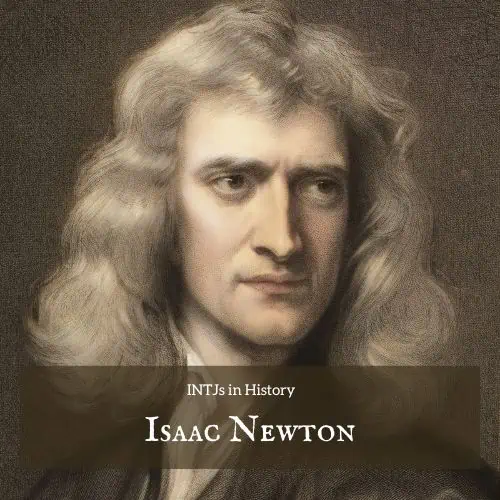
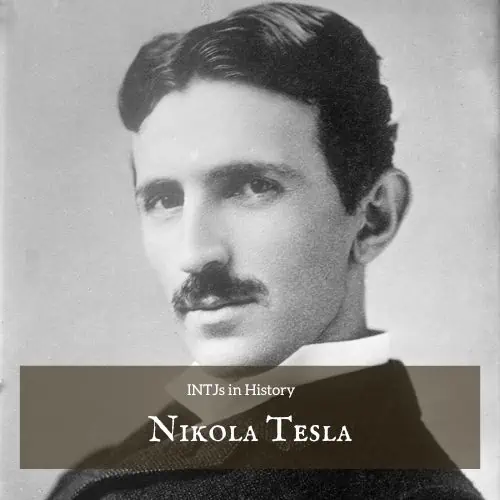
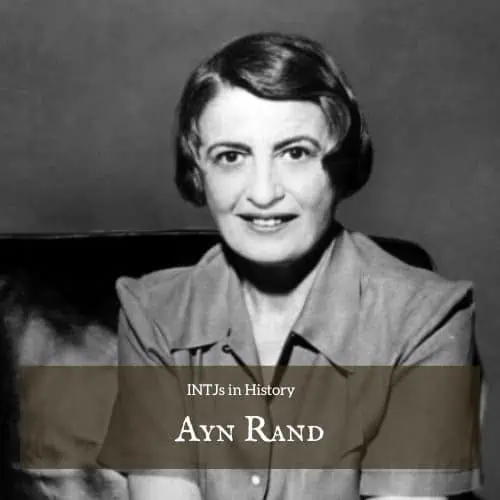
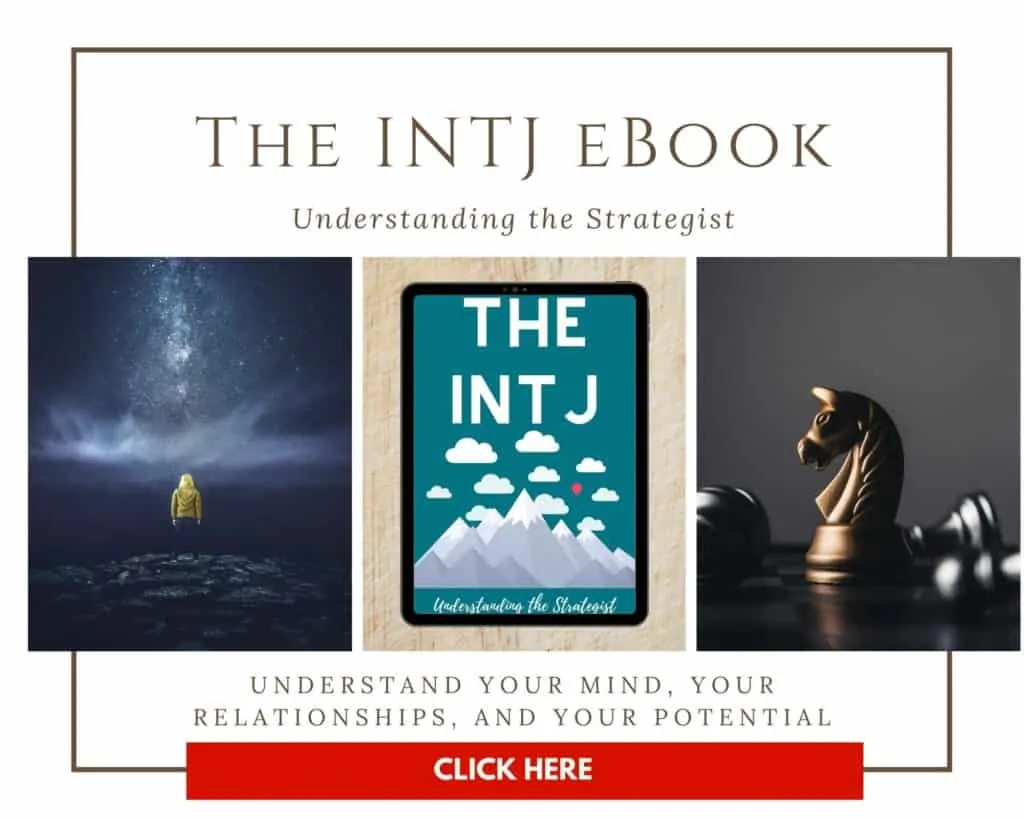







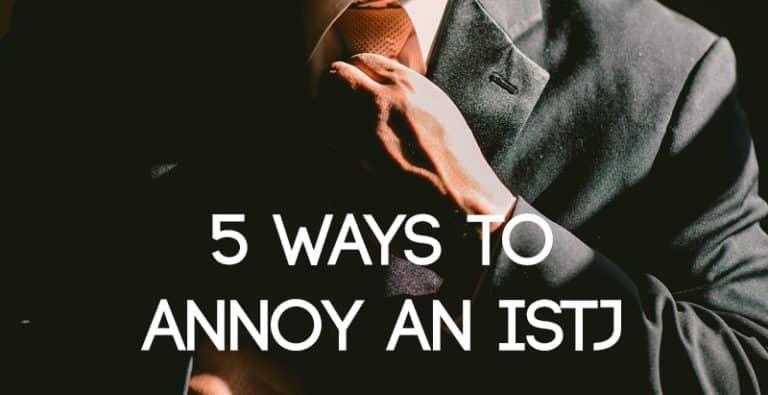
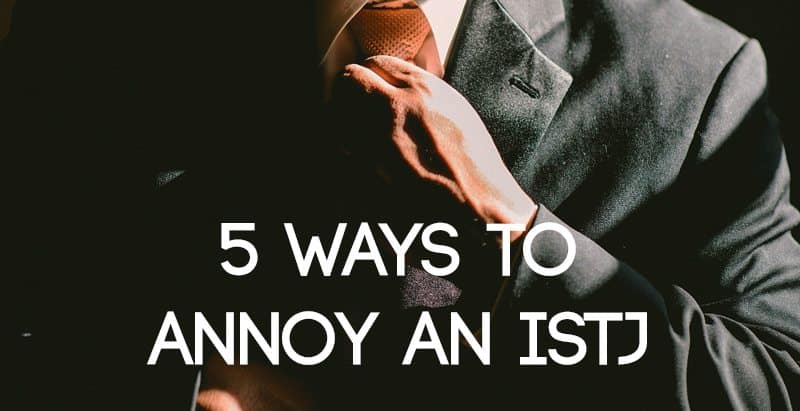
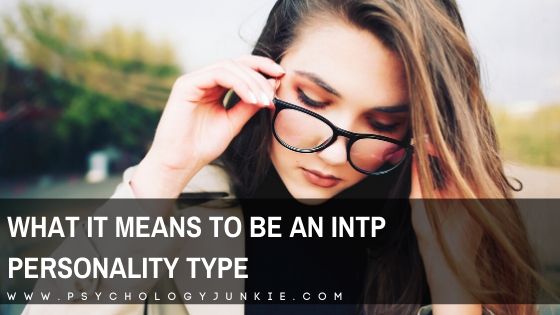
Thank you for the article, Mrs. Storm. I’ve never felt so capable of getting up and leaving an emotionally abusive family relationship behind and so motivated to do so as I do now.
I’m a INTJ so this piqued my interest. It’s well written and gives insight into some of my inner workings. I particularly liked how the article got to main points quickly and fleshed them out with useful information. Thanks.
Love the article.
I was curious about INTJ book reading statistics (ie number 6/16). Is there a study on what type of books we read?
I expect romance novels are toward the bottom…?
Just curious
Ayn Rand was an INTJ , really? Where do I turn in my resignation to the INTJ club? Puh-leease!
Hi Susan,
I watched your youtube program with Denzel this afternoon. 7/27/2023. I caught after the live presentation. I was not sure I heard correctly so I backed up and listened again. Did I hear you identify yourself as an INTJ? I am asking because just before that I read a 2015 article by you when you spoke of yourself as INFJ.
Can you clarify it for me?
Thank you such a wonderful website. You are a gifted writer.
Hi Elaine! I’ll have to go back and find that article, thank you for bringing it to my attention! For a very long time I thought I had INFJ preferences. When I was trained as an MBTI practitioner that seemed to fit best and was what my trainer suggested to me. Since then I realized certain things weren’t fitting and after speaking with several other type experts I really trust I came to the conclusion that INTJ was actually my best-fit type. It’s actually fairly common with Thinking women to mistype as Feeling women, and it was a long road to getting here. Thank you again for bringing it to my attention and for reading my articles!